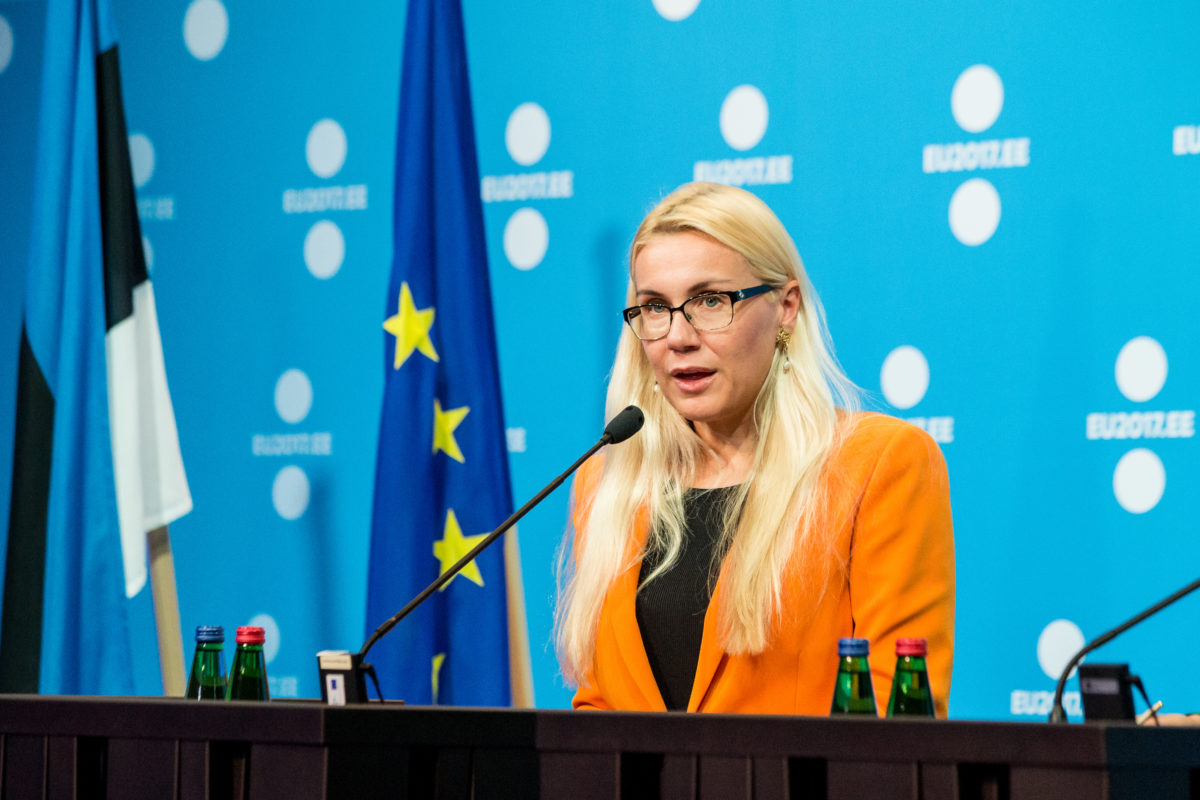EU member states have until March 15 to decide whether they want to participate in the European Commission‘s bloc-wide renewables auction tender program.
Under the terms of the renewable energy financing mechanism, reported on by pv magazine in late 2020, member states can take part either as “contributors” to the system, who will pay into a central pot to fund renewables projects, or as “host” nations, who agree to have the projects commissioned in their territory.
pv magazine print edition
The commission in December invited member states to express an interest in joining the scheme.
Under the proposed program, member-state public money supplied by contributor nations to the fund would secure 80% of the emissions avoided by the electricity generated by the projects towards their own national greenhouse gas reduction targets. The emission reductions embodied by the remaining 20% of project output would be accredited to the national climate plans of the host nations of clean power sites.
The commission intends to pool the money raised and hold an EU-wide renewable energy tender across the interested host nations with the most competitive grant prices offered securing project development in the relevant countries. Private-sector contributions to the central fund – made by companies to secure renewable energy guarantees of origin to align with corporate climate pledges – would be accepted but private and EU-funded clean power projects would have their energy output counted only towards the bloc's climate goals, not to that of member states in which they are hosted.
Solar is one of the renewable energy technologies which can be allocated generation capacity under the plan, alongside wind power; geothermal; wave and ocean; hydro; biomass; landfill gas; biogas; sewage treatment plant gas; and ambient energy projects – featuring naturally-occurring thermal energy, such as hot springs.
The renewable energy financing mechanism would be implemented by the commission and its subordinate body the European climate, infrastructure and environment executive agency.
This content is protected by copyright and may not be reused. If you want to cooperate with us and would like to reuse some of our content, please contact: editors@pv-magazine.com.




1 comment
By submitting this form you agree to pv magazine using your data for the purposes of publishing your comment.
Your personal data will only be disclosed or otherwise transmitted to third parties for the purposes of spam filtering or if this is necessary for technical maintenance of the website. Any other transfer to third parties will not take place unless this is justified on the basis of applicable data protection regulations or if pv magazine is legally obliged to do so.
You may revoke this consent at any time with effect for the future, in which case your personal data will be deleted immediately. Otherwise, your data will be deleted if pv magazine has processed your request or the purpose of data storage is fulfilled.
Further information on data privacy can be found in our Data Protection Policy.